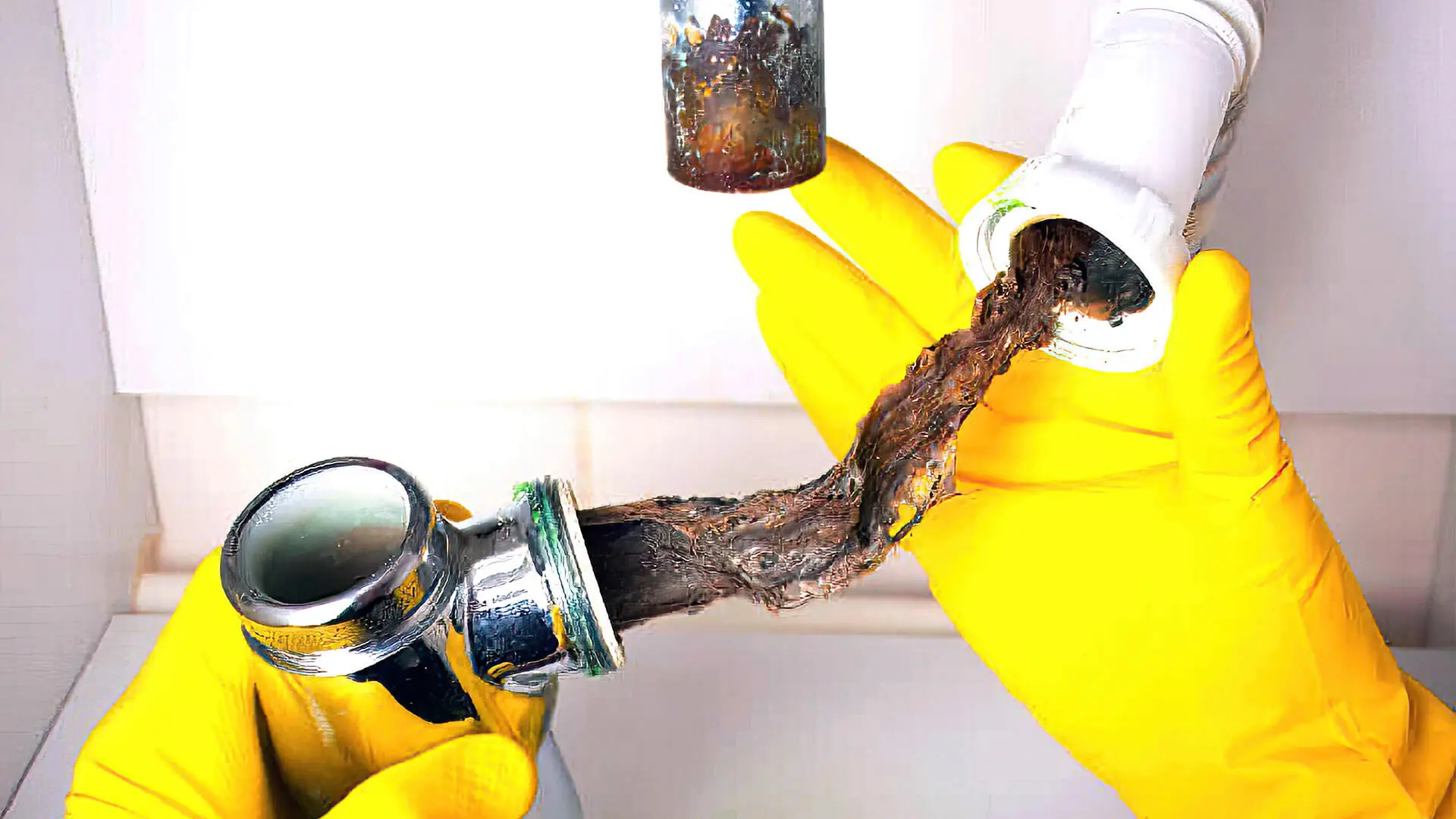The convenience of modern plumbing can be easily forgotten once a clogged drain disrupts your day. A slow-draining sink, a backed-up bathtub, or a malfunctioning toilet can quickly turn everyday tasks into frustrating experiences. But before you panic, understanding the causes of clogs and effective drain clearing methods can help you get your plumbing back on track.
Understanding Drain Clogs
Several factors can contribute to drain clogs:
- Grease and Food Particles: Cooking grease, oil, and food scraps can solidify and accumulate in pipes, causing blockages.
- Hair: Hair can clump together and form stubborn clogs, especially in showers and bathroom sinks.
- Soap Scum and Mineral Buildup: Over time, soap scum and mineral deposits can build up on the inner walls of pipes, leading to gradual narrowing and potential clogs.
- Foreign Objects: Accidental flushing of unintended objects, like toys or feminine hygiene products, can cause significant blockages.
- Tree Roots: In older homes with sewer lines close to trees, tree roots can infiltrate pipes, causing severe clogs and requiring professional attention.
Do-It-Yourself Drain Clearing Methods
For minor clogs, some DIY methods offer temporary relief. However, it’s essential to approach these methods with caution to avoid causing further damage:
- Plunger: This classic tool can be effective for dislodging clogs caused by soft materials like hair or soap scum in sinks and tubs.
- Boiling Water: Pouring carefully heated (not boiling) water down the drain can sometimes melt greasy clogs, particularly in kitchen sinks.
- Baking Soda and Vinegar: This fizzing combination can help loosen minor clogs caused by organic matter. However, be cautious about using excessive amounts or too much pressure, as it could damage older pipes.
It’s important to note that these methods are only sometimes successful, and improper application can worsen the clog. Professional drain cleaning is the best course of action for persistent clogs or blockages caused by unknown objects
The Benefits of Professional Drain Clearing
When DIY methods fail, licensed plumbers offer a range of practical and safe drain-clearing solutions:
- Mechanical Augers: These motorized tools utilize a rotating cable to break up and remove clogs deep within the pipes. Plumbers choose the appropriate auger size and head depending on the type and location of the clog.
- Hydro Jetting: This powerful method uses a high-pressure water jet to scour pipes and remove even the toughest clogs and debris buildup. Hydro Jetting is particularly effective for clearing stubborn clogs caused by grease, mineral deposits, or tree roots.
- Video Camera Inspection: In some cases, plumbers might utilize a video camera inspection to pinpoint the exact location and nature of the clog. This allows for targeted drain clearing and helps identify potential pipe damage.
Professional plumbers possess the expertise, equipment, and safety protocols to clear drains while effectively minimizing disruption to your plumbing system.
Conclusion
Clogged drains can be frustrating, but you can restore proper drainage and water flow with the right knowledge and approach. DIY methods like a plunger or boiling water might offer temporary solutions for minor clogs. However, seeking assistance from a licensed plumber is highly recommended for persistent clogs or situations where the cause is unknown. Professional plumbers possess the tools and expertise to perform safe and effective drain clearing, ensuring your plumbing system functions smoothly and efficiently. Don’t hesitate to call a professional if your drains give you trouble – a swift response can prevent minor clogs from escalating into major plumbing issues.


